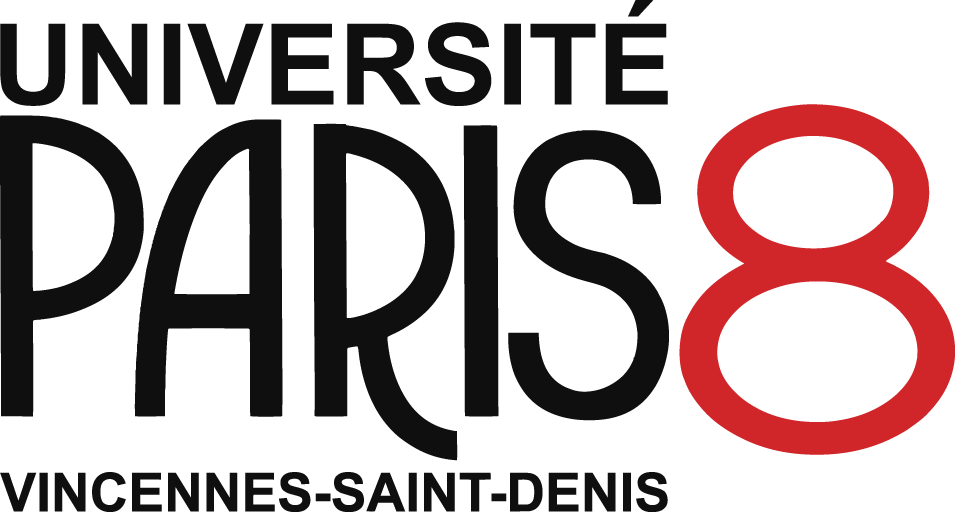Travel to the death in Jankélévitch's philosophy
Viaje hacia la muerte en la filosofía de Vladimir Jankélévitch
Voyage vers la mort chez Vladimir Jankélévitch
Résumé
Vladimir Jankélévitch's philosophy can be understood in the manner of a journey, which, like the Plotinian procession or Xenophon's famous Anabase, transports the reader into a completely different order of things, beyond the intelligible. We meet love, the charm of the occasion, music and the ineffable, the instant of death. But these inexpressible moments, how can we philosophically think about them, if not with the help of wandering words? The philosopher starts from dense and unique experiences of our life where the "incomparable quality of time" is expressed, but whose language cannot restore all the richness; up to the thought of death, the destination-limit of our journey. Since philosophy thinks "under a certain aspect of eternity and universality", it comes under what Jankélévitch calls metempirical knowledge; it encompasses the totality of the possible through the formulation of necessary propositions. But in the thought of death something quite specific is at stake: the thinker thinks metempirically of a reality that will soon exclude him empirically from this thought; for since thought thinks of its own disappearance, it can only experiment its continuation as thought, conceiving only of eternal and absolutely necessary relationships. The journey towards death is first of all the experience of a certainty, but without circumstantial details: I know that I am going to die, but I do not know what it is to die. Jankélévitch then initiates us into this mystical half-gnosis, through which a new kind of knowledge is sketched out, metalogical, or the nescient knowledge of almost nothing: an ascending journey beyond the logos.
La philosophie de Vladimir Jankélévitch peut s'entendre à la manière d'un voyage, qui à l'instar de la procession plotinienne ou de la célèbre Anabase de Xénophon, transporte le lecteur dans un tout autre ordre des choses, au-delà de l'intelligible lui-même. On y rencontre l'amour, le charme de l'occasion, la musique et l'ineffable, l'instant de la mort. Or ces moments inexprimables, comment pouvons-nous philosophiquement les penser, sinon à l'aide de mots vagabonds ? Le penseur part d'expériences denses et uniques de notre vie où s'exprime « l'incomparable qualitatif du temps », mais dont le langage ne peut restituer toute la richesse ; jusqu'à la pensée de la mort, destination-limite de notre voyage. Dès lors que la philosophie pense « sous un certain aspect d'éternité et d'universalité », elle relève de ce que Jankélévitch appelle la connaissance métempirique ; elle englobe par la formulation d'énoncés nécessaires la totalité du possible. Mais dans la pensée de la mort se joue quelque chose de tout-à-fait spécifique : le penseur pense métempiriquement une réalité qui viendra bientôt l'exclure empiriquement de cette pensée même ; car la pensée pensant sa propre disparition, elle ne peut faire l'épreuve que de sa continuation en tant que pensée, ne concevant que des rapports éternels et absolument nécessaires. Le voyage vers la mort est d'abord l'expérience d'une certitude, mais entrevue sans précisions circonstancielles : je sais que je vais mourir, mais je ne sais ce que c'est, que mourir. Jankélévitch nous initie alors à cette demie-gnose presque mystique, par laquelle s'esquisse un nouveau genre de connaissance, la métalogique, ou le savoir nescient du presque-rien, voyage ascensionnel par-delà le logos lui-même.
Origine : Fichiers produits par l'(les) auteur(s)
Loading...
